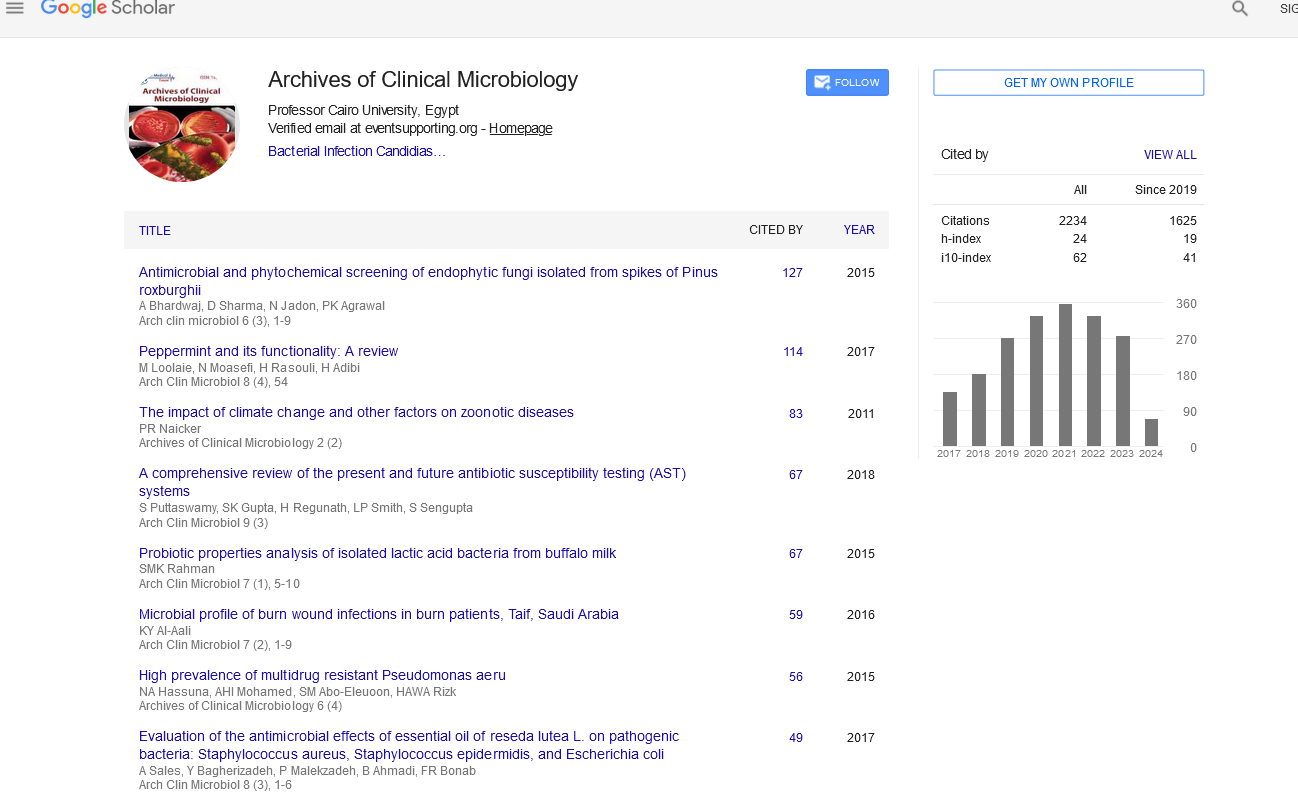Abstract
Commentary on A Study of Emergency Medical Service Personnel and Law
Enforcement Official Willingness to Respond to Disasters
Erick B Knezek, Thevu Vu*, and Jim Lee
In every disaster scenario, emergency responders face tremendous uncertainty and risk that would ÅÂÂnÅ?ƵÄ?ncÄ? their willingness to respond (WTR). Hence, it is important to gain bÄ?Æ©Ä?r understanding of psychological root causes for emergency responders to abandon their roles and, in turn, to develop bÄ?Æ©Ä?r disaster response strategies. Our recent study has shown that the overall WTR of Louisiana EMS and LEO personnel is 69.9%. In Ä?Ä?Ä?ÅÂÂÆ?ŽnÍ? emergency responders’ WTR decreased as perceived threat increased. The ÆÂÂÆ?Ä?Æ?ÆÂÂÆ?cÄ?ůůy ÆÂÂÅÂÂÅÂÂnÅÂÂÄ®cÄ?nÆ? ÅÂÂnÅ?ƵÄ?ncÄ?Æ on WTR were fear of working an unfamiliar role, concern for family, self-safety, feeling well-prepared to respond, duty to colleagues, and increasing the frequency of training.





